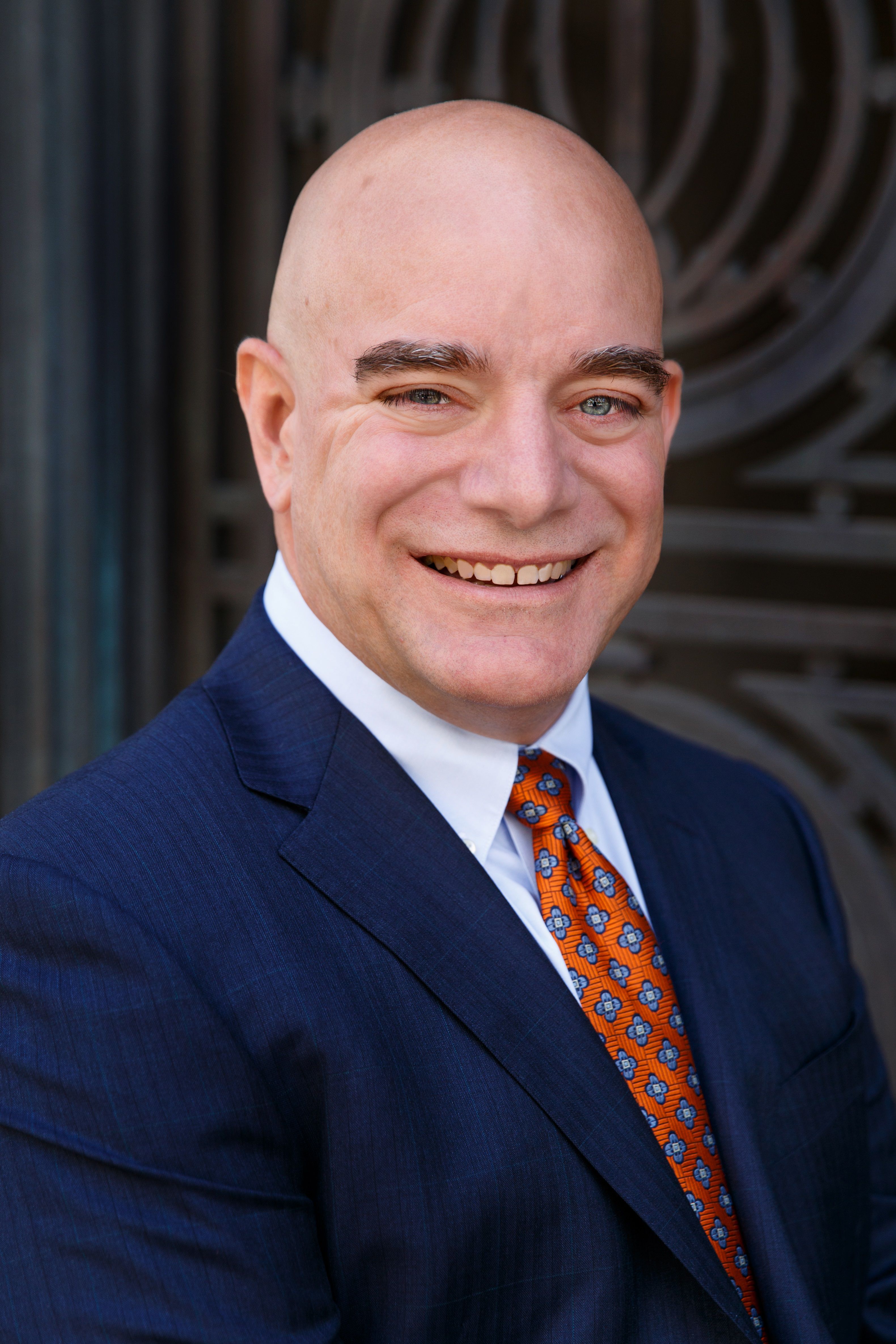
Eileen Epstein Carney
Eileen works closely with investors in securities cases and has over a decade of experience in the legal world. She received her law degree from American University in 2005.

Shares drop 40% following report alleging unproven technology and deceptive financial projections
On Thursday, May 6, 2021, Hindenburg Research reported that plastics recycling company PureCycle Technologies (NASDAQ: PCT) uses unproven technology to patent its products and has “deceived investors” through financial projections based on “wild ass guessing.”
Following this report, PureCycle stock plummeted 40% on Thursday, May 6, 2021, causing significant harm to investors. If you invested in PCT, you may have a claim.
Lost Money in PCT Stock?
You may be eligible to recover your losses. Get a free and confidential consultation.
(Please provide number of shares, purchase date, and estimated losses.)
Hindenburg research reports that PureCycle has allegedly earned zero revenue to date, and its CEO and executives reportedly have a track record of failures: of the six companies PureCycle’s executives previously took public, two went bankrupt, three were delisted, and one was acquired after a ~95% decline. Further, former employees of these earlier failed companies claim that PureCycle’s financial projections are based on nothing more than guesswork.
In addition, the Company’s two sponsoring investment banks, Roth Capital and Craig Hallum Capital, are also the only investment banks that have issued research on PureCycle, and each bank has a history of affiliating with clients entangled with allegations of fraud. Both Roth Capital and Craig Hallum Capital have issued “Buy” ratings for PureCycle with high target prices after previously receiving millions of founders’ shares for roughly a penny per share.
According to the report, Hindenburg Research consulted with plastics experts who claim that the science behind PureCycle’s technology is “vague,” and that none of its technology has been cited or reviewed in any peer reviewed studies.
On this news, PCT’s stock dropped 40% on Thursday, May 6, 2021, closing at $14.80 per share, causing significant harm to investors.
If you invested in PCT stock, you may have a legal claim. Contact our securities lawyers today for a free and confidential consultation.
SPACs, or special purpose acquisition companies, are commonly known as “blank check” shell companies. SPACs provide an alternative to the traditional IPO process, and serve the primary purpose of raising investor proceeds to eventually acquire a private company. Investors typically buy into a SPAC before it announces, or even decides, which private company it will attempt to acquire.
While SPAC investors have the potential to realize significant gains, they are also much more vulnerable to market volatility and other types of fraud. Investors may be vulnerable to a variety of SPAC fraud by sponsors, including:
SPACs have recently come under SEC scrutiny and investor lawsuits against SPACs are on the rise. According to MarketWatch, many of these lawsuits allege SPAC directors failed to disclose sufficient information about the companies they intended to merge with.
Our securities lawyers have recovered over a billion dollars on behalf of our clients against behemoths, such as Chase Bank, Mastercard, and Anthem Blue Cross Blue Shield. Read more about our results.

You “shouldn’t presume that powerful banks and other powerful interests can just get away with doing bad things. Good, qualified counsel that are committed to a cause can usually figure out how to prosecute such cases effectively and prevail.”
–Eric Gibbs, award-winning securities attorney

Federal judge in our AT&T class action:
“I’ve always found them to be extraordinary counsel in terms of their preparation and their professionalism.”
Federal judge in our Chase lawsuit (resulting in $100 million settlement):
They “fought tooth and nail, down to the wire” to achieve “the best settlement that they could under the circumstances.”
Read more about what judges say about us.

Eileen works closely with investors in securities cases and has over a decade of experience in the legal world. She received her law degree from American University in 2005.

David’s advocacy has generated major recoveries for consumers impacted by financial fraud. He was named to the Top 40 Under 40 by Daily Journal and a “Rising Star in Class Actions” by Law360.